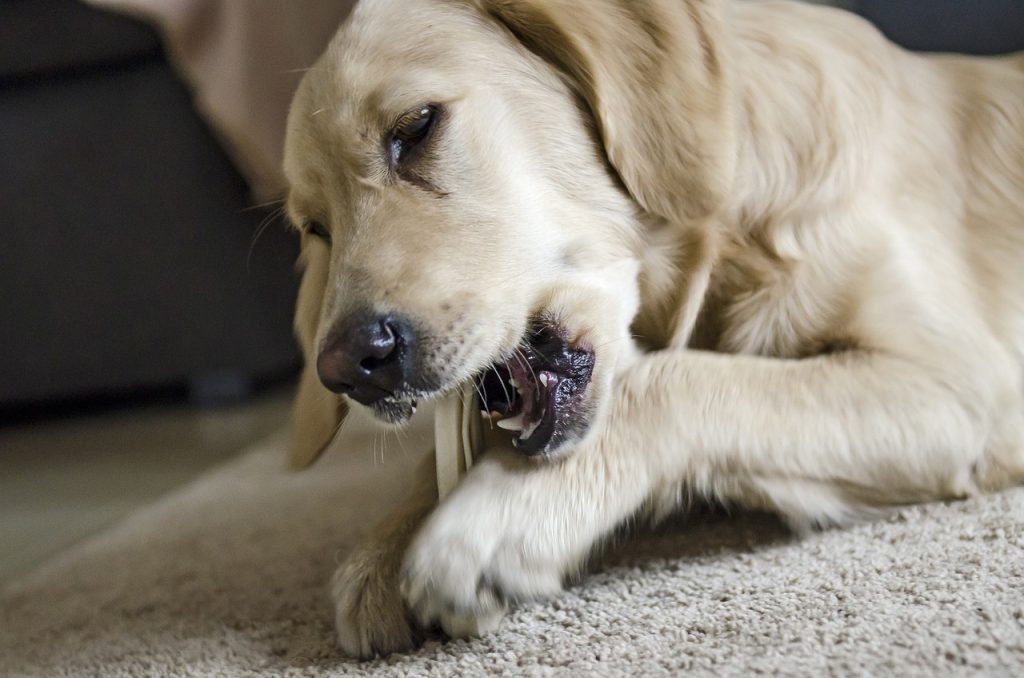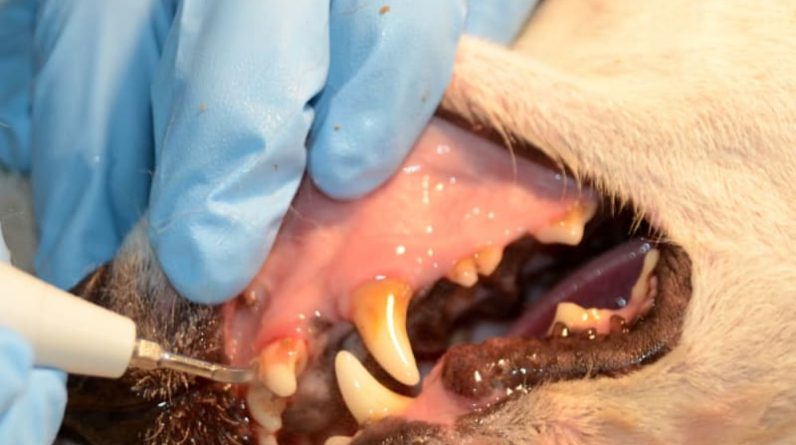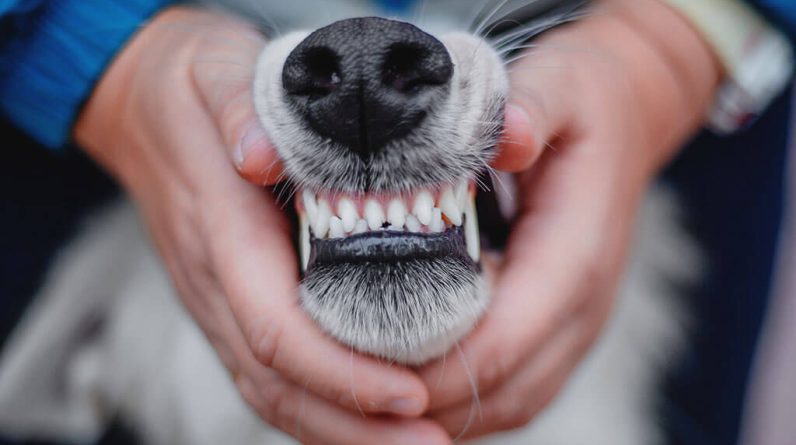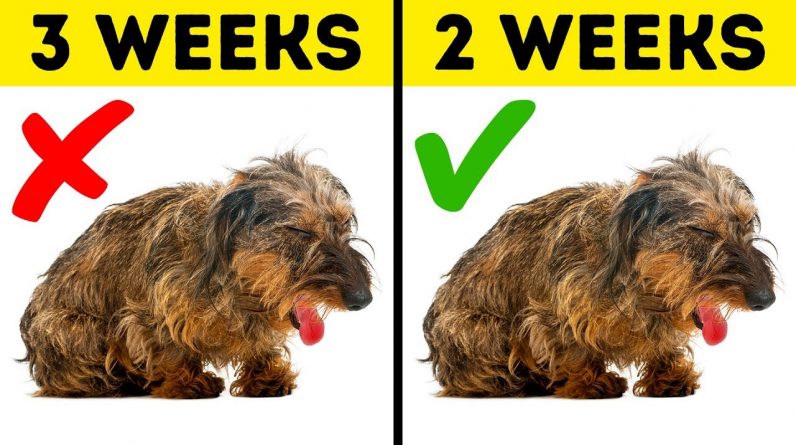
What is dental disease?
Dental disease, likewise called gum illness, is a condition in which the tissues supporting the teeth end up being inflamed. In its most moderate kind, gum illness is connected with gingivitis, or inflammation of the gums. In more severe cases, periodontal illness may manifest as tooth root abscesses, bone infection of the jaw, or as a pathologic (disease-induced) fracture of the jaw.
Can dental illness cause systemic disease?
When a family pet develops dental illness, increasing varieties of bacteria reside within the mouth and the oral tissues. These germs can enter the blood stream and travel to other locations within the body, triggering remote or systemic results, both from the actions of the germs and from the body’s natural immune action against them. Three organs are especially prone to the spread of oral germs: the heart, the liver, and the kidneys.
“3 organs are particularly vulnerable to the spread of oral bacteria: the heart, the liver, and the kidneys.”
The germs found within the mouth of animals with oral illness are the very same bacteria that are typically implicated in cardiovascular disease. These bacteria are related to both endocarditis (inflammation/infection of the interior of the heart) and valvular disease in pet dogs and felines. In addition, the presence of periodontal illness has been connected to an increased danger of heart disease in dogs.
The liver and kidneys are especially prone to the results of dental disease. Both organs function primarily to filter the blood, which enables bacteria from the mouth to quickly spread to each of these organs. Infection and swelling within the liver and kidneys can trigger indications of systemic infection (such as fever, weight loss, and reduced cravings), while likewise interfering with the function of these organs.
How are family pets evaluated for systemic disease?
Your vet utilizes a variety of tools to screen for oral illness. The first of these tools is the physical examination. In most cases, systemic illness has impacts on the body that can be detected on a physical examination. An animal with heart problem may have a detectable murmur that can be auscultated (heard) with a stethoscope. An animal with liver or kidney disease may have visible weight-loss or pain on palpation of the abdomen.
Next, your vet will likely perform screening blood tests, consisting of a total blood count (CBC) and serum biochemistry. These tests evaluate a number of various liver and kidney function markers; elevations in these worths might recommend the presence of liver or kidney disease.
If the results of the physical exam and blood tests suggest the presence of underlying illness, your veterinarian may recommend additional diagnostic tests. If your animal has signs of heart disease, for example, your veterinarian might carry out chest X-rays to look for heart augmentation and signs of cardiac arrest. If your family pet has signs of liver or kidney illness, your vet may recommend extra blood or urine screening.
Can the systemic impacts of dental disease be minimized?
The best way to minimize the systemic damage connected with oral disease is to proactively prevent and treat oral disease. Oral conditions need to be addressed as early as possible, to decrease the risk of aggravating and spread. There are two components to oral care: home care and veterinary dental care. Home care consists of brushing your animal’s teeth daily, if possible.
If you are not able to perform day-to-day brushing, your vet can offer alternatives such as an oral rinse or medicated dental chews. Veterinary dental care, likewise described as an extensive oral
health assessment and treatment, is carried out under basic anesthesia. Your animal will be anesthetized, utilizing a mix of injectable and inhalant anesthetics. First, the tartar will be scaled off your animal’s teeth. Oral radiography( X-rays )might also be performed to examine the tooth roots and other tissues below the gumline. When your animal’s teeth are clean and visible, your veterinarian will carry out an extensive oral test. Finally, your vet will design a treatment plan for any oral issues that have actually been discovered. These treatments might include extractions or advanced oral treatments, such as a root canal.
“If your animal is experiencing systemic indications related to dental illness, antibiotics might likewise be suggested.”
If your pet is experiencing systemic indications associated with oral disease, antibiotics might likewise be advised. These antibiotics will decrease the quantity of germs in your family pet’s mouth and bloodstream. In many cases, prescription antibiotics are started prior to a dental treatment. It is very important to note, nevertheless, that prescription antibiotics alone are not sufficient to treat oral illness or its systemic results. Antibiotics are planned only as an accessory to more definitive treatment.
Does systemic disease make anesthesia dangerous for my pet?
Although attempts to address dental illness are made as early as possible, circumstances often occur in which an animal’s systemic disease increases the danger related to anesthesia. After carrying out an extensive physical examination and pre-anesthetic bloodwork, your veterinarian may determine that your animal has actually a heightened anesthetic risk and requires extra diagnostics prior to anesthesia.
Sometimes, your vet may refer your pet to a professional, such as a cardiologist or internal medication specialist. The professional can carry out additional diagnostic tests to examine organ function and assist your vet in creating a suitable anesthetic plan for your animal.
If your pet is especially high-risk, your vet may even advise having your pet’s dental treatment performed at a specialized health center. This makes sure that board-certified professionals will be available throughout your pet’s anesthesia and healing, to ensure that your pet receives the very best care possible.
Hardly ever, you and your vet might figure out that the benefits associated with an oral treatment do not surpass the anesthetic threats. In this case, your veterinarian will deal with you to produce a palliative care strategy that minimizes the pain and infection connected with oral disease, while keeping your family pet’s quality of life for as long as possible.
This method is scheduled only for animals with extreme systemic disease, due to the fact that it implies that the oral disease will not be corrected and will continue to trigger concerns for the remainder of the animal’s life. It is always best to definitively treat dental illness when possible. Discover dental illness and its relation to systemic disease in pets.







